- The Genesis GV80 aims to dethrone the Mercedes GLE for luxury SUV dominance.
- The GV80's value statement squares off against the GLE's powertrain supremacy.
The 2021 Genesis GV80 is the new kid on the luxury SUV block, but it wasn't so long ago that another (sorta) new crossover captured our imagination. The Mercedes-Benz GLE has been on the scene for a while, but the fully redesigned version that debuted last year defined what a high-tech ute should be. So, how does the freshman from Korea compare against the GLE in its sophomore year?
We're not going to keep you waiting. Read just a little bit more. Really, it's right after this sentence.
Performance and Fuel Economy
The GV80 comes standard with a turbocharged four-cylinder engine with 300 horsepower on tap, and midlevel trims upgrade to a turbocharged V6 pumping out 375 hp. We haven't brought a GV80 to our test track yet, but our butt-dynos confirm that the big Genesis has no problem hoofing it with either engine underhood. The V6 has the oomph you'd expect of a luxury vehicle at this price point, but the inline-four is far from a consolation prize.
The GLE is in a similar boat: the GLE 350 and its turbocharged-four will be sufficiently powerful for most buyers, though shoppers looking for a little more razzmatazz have an array of impressive engines to accomplish just that. There's the GLE 450, which features a turbocharged inline-six and a mild hybrid system for extra electric power, while the AMG GLE 53 gets an uprated version of this powertrain. Then there's the GLE 580 — powered by a twin-turbo V8 — along with the all-powerful GLE 63 S.
In terms of fuel efficiency, the GV80 and GLE four-cylinders are roughly equal. The EPA rates the rear-drive GV80 2.5 at 23 mpg combined and the all-wheel-drive version at 22 mpg. Both RWD and AWD variants of the GLE 350 post a 22 mpg rating. The gap is more significant when you upgrade to a six-cylinder. The EPA estimates the V6-powered GV80 will consume fuel at a rate of 20 mpg, while the Mercedes' mild hybrid system helps the inline-six return an impressive 23 mpg.
If you're going to get the four-cylinder, the two vehicles essentially draw even. Upgrade to the six-cylinder, however, and the Mercedes is the clear winner.
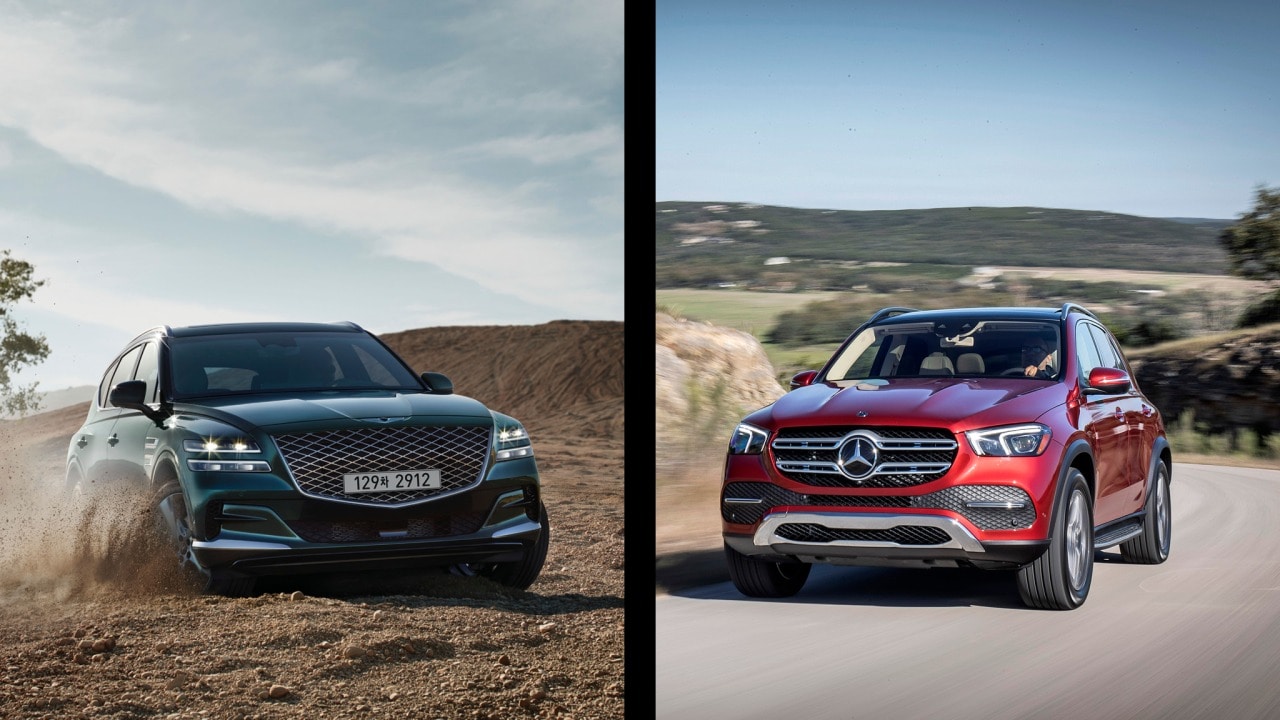
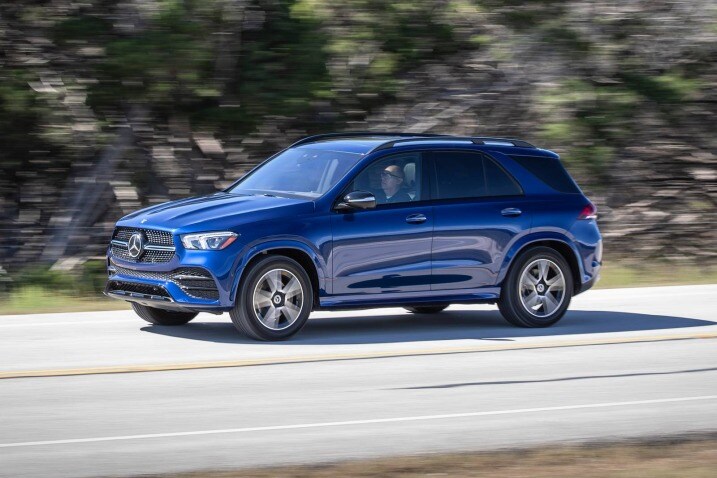

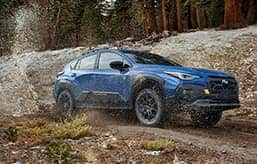
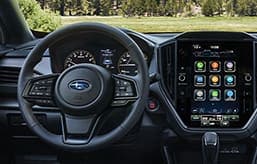

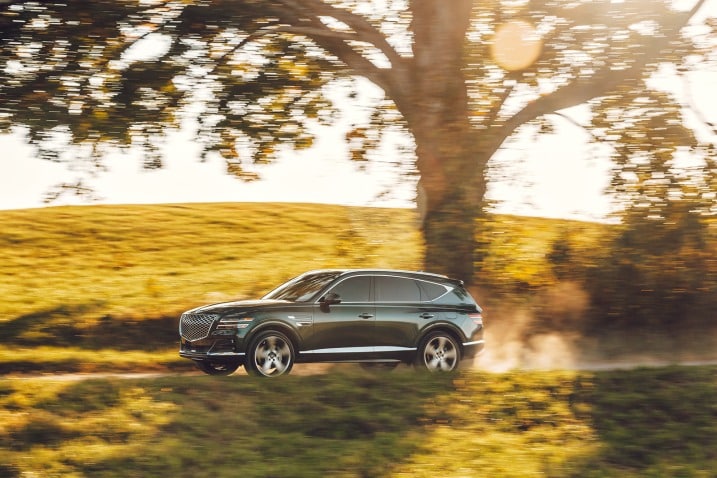
 by
by